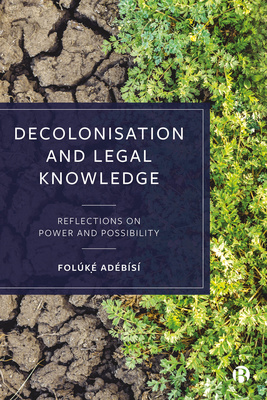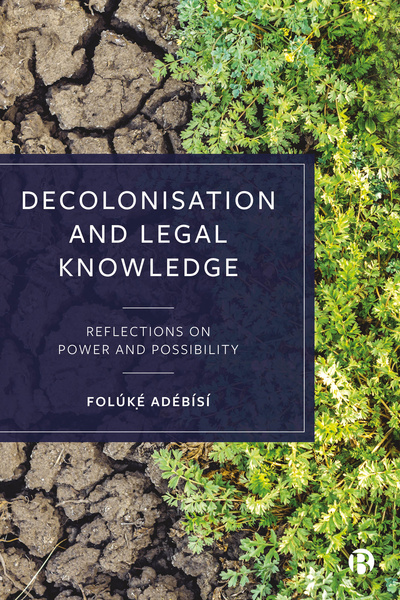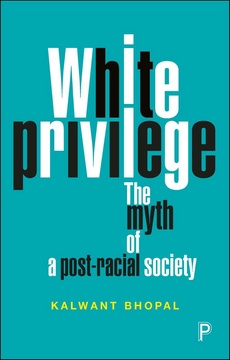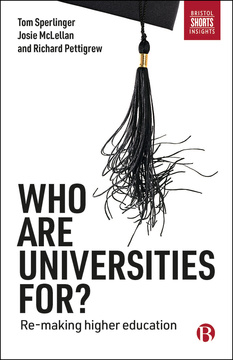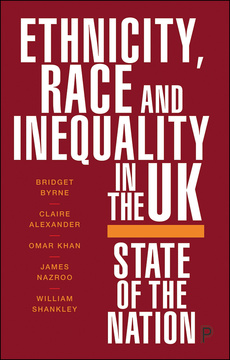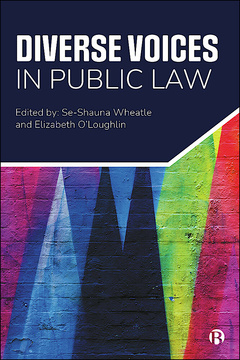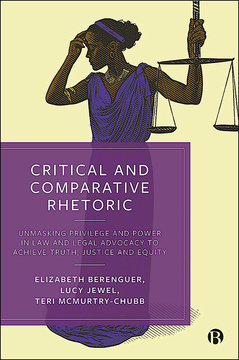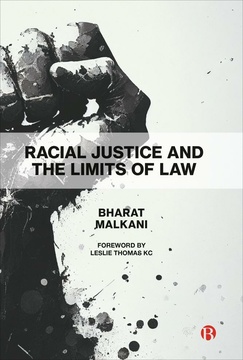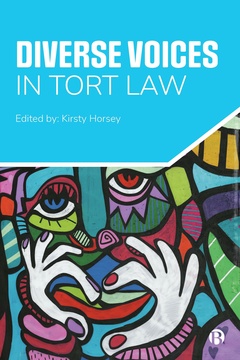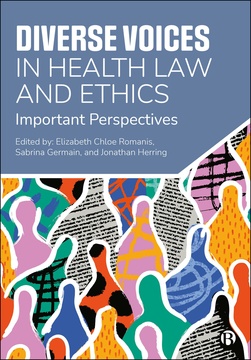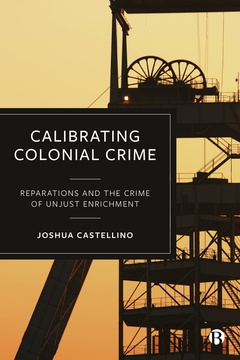Published
9 Apr 2024Page count
204 pagesISBN
978-1529219388Dimensions
234 x 156 mmImprint
Bristol University PressPublished
15 Mar 2023Page count
204 pagesISBN
978-1529219371Dimensions
234 x 156 mmImprint
Bristol University PressPublished
15 Mar 2023Page count
204 pagesISBN
978-1529219395Dimensions
234 x 156 mmImprint
Bristol University PressPublished
15 Mar 2023Page count
204 pagesISBN
978-1529219395Dimensions
234 x 156 mmImprint
Bristol University PressIn the media:
Decolonisation and Legal Knowledge for New Books Network
The law is heavily implicated in creating, maintaining, and reproducing racialised hierarchies which bring about and preserve acute global disparities and injustices. This essential book provides an examination of the meanings of decolonisation and explores how this examination can inform teaching, researching, and practising of law.
It explores the ways in which the foundations of law are entangled in colonial thought and in its [re]production of ideas of commodification of bodies and space-time. Thus, it is an exploration of the ways in which we can use theories and praxes of decolonisation to produce legal knowledge for flourishing futures.
“It is rarely the case that a legal book is published that becomes an instant classic. Decolonisation and Legal Knowledge: Reflections on Power and Possibility is such a book. It is a landmark publication that deserves to be and no doubt will be widely read by all who come into contact with legal education." Social & Legal Studies
“Adébísí’s book convincingly paves the way for a guided and comprehensive interrogation of colonialism within Euro-modern legal knowledge. One can certainly hope that European universities and legal scholars in the Global North pick up where Adébísí has left off and engage in the long-overdue decolonial work to create the potential for spaces with a pluriversity of knowledges.” European Journal of Legal Studies
"The book, I believe, is about hope for producing flourishing, newer meaningful anticolonial worlds for all, beyond law schools and universities, and yields suggestions for their materialisation through decoloniality from within the neoliberalised law school. Decolonisation, thus, is neither to merely diversify the face of coercive power nor to become a new master. " Frontiers of Socio-Legal Studies
“The themes of hope and humanity thread the chapters together in beautifully written prose that often reads like poetry. While the grounded narrative makes the arguments digestible, the evocative language makes the book a meal demanding to be remembered." Modern Law Review
"Decolonisation and legal knowledge is a rich and strong contribution in this regard. This book is a must-read for anyone interested in understating European legal knowledge production, its racial and colonial foundations but also possibilities of reimagining it otherwise.” Nordic Journal of Law and Justice
“A thought-provoking account of what decolonising legal knowledge and legal education requires. A must-read for anyone who takes anti-racism in legal education seriously.” Bharat Malkani, Cardiff University
"Adebisi brings her singular gift of critical rigour and passion to bear on the understudied topic of decolonising legal knowledge and education. Her arguments attest to her restless moral vision." Joel Modiri, University of Pretoria
“A compelling and beautifully written journey tracing the coloniality of legal knowledge, calling us to forge ways of researching, teaching and ‘doing’ law that places the ethical imperative for a pluriversal justice at its core.” Suhraiya Jivraj, University of Kent
“A legal research and education book like no other! Immersing readers in interdisciplinary postcolonial theories and strategies, Adébísí powerfully dissects the colonial university and then imaginatively constructs an abundantly inclusive space to engage a new idea of law.” Patricia Tuitt, independent legal academic
"This comprehensive, enlightening book played a crucial role in my dissertation and is a must-read for all law students to grasp the intricate connection between colonial ideas and modern law." Gurvin Chopra, PG, University of Bristol
Folúkẹ́ Adébísí is Professor at the University of Bristol.
Introduction: Setting the Scene of the Law School and the Discipline
1. Theories of Decolonisation or to Break All the Tables and Create the World Necessary for Us All to Survive
2. What Have You Done, Where Have You Been, Euro-Modern Legal Academe? Uncovering the Bones of Law’s Colonial Ontology
3. Defining the Law’s Subject I: (Un)Making the Wretched of the Earth
4. Defining the Law’s Subject II: Law and Creating the Sacrifice Zones of Colonialism
5. Defining the Law’s Subject III: Law, Time, and Colonialism’s Slow Violence
6. The Law School: Colonial Ground Zero – A Colonial Convergence in the Human and Space–Time
Conclusion: Another University Is Necessary to Take Us towards Pluriversal Worlds







